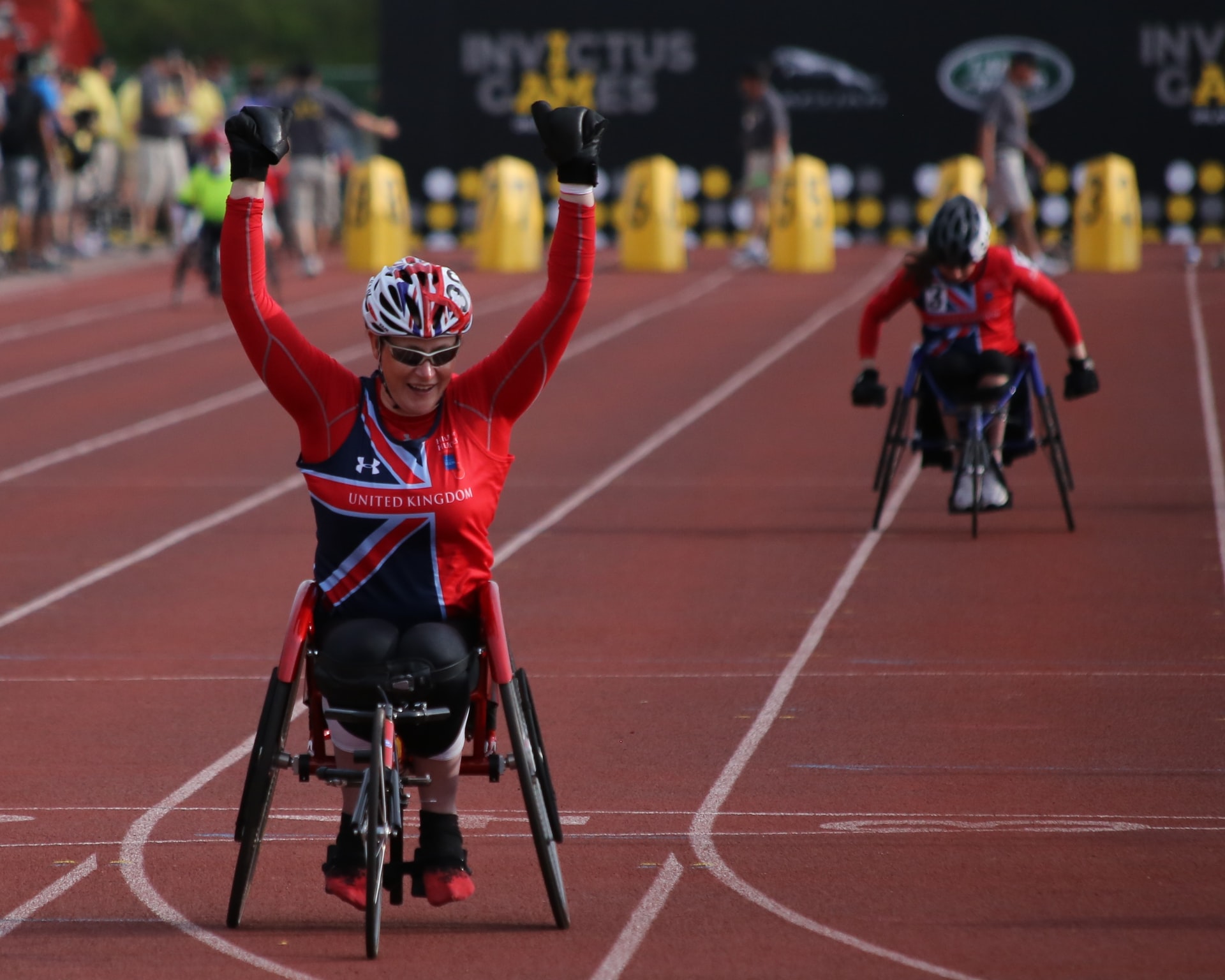Sports
Many sports are played by persons with disability outside formal sports movements. Adaptive sports are also known as disability sports, adapted sports, or parasports.
Organized sport for athletes with disability is generally divided into 3 broad disability groups: the deaf, people with physical disabilities, and people with intellectual disabilities.
While sport has value in everyone’s life, it is even more important in the life of a person with a disability. Rehabilitative influence sport can have not only on the physical body but also on rehabilitating people with a disability into society. Furthermore, sport teaches independence. Today, people with a disability participate in high performance as well as in competitive and recreational sport.
What Are Adaptive Sports?
Adaptive sports also known as disability sports or parasports, are sports played by persons with a disability, including physical and intellectual disabilities. As many disabled sports are based on existing able bodied sports, modified to meet the needs of persons with a disability, they are sometimes referred to as adapted sports.
Organized sport for athletes with a disability is generally divided into three broad disability groups: the deaf, people with physical disabilities, and people with intellectual disabilities. Each group has a distinct history, organization, competition program, and approach to sport.
The number of people with disabilities involved in sport and physical recreation is steadily increasing around the world with organized sports for athletes with disabilities divided into three main disability groups;
- Sports for the deaf
- Sports for persons with physical disabilities
- Sports for persons with intellectual disabilities
From the late 1980s, organizations began to include athletes with disabilities in sporting events such as the Olympic Games and Commonwealth Games. However, many sports are practiced by persons with a disability outside the formal sports movements, for example: Wheelchair basketball, Wheelchair dancing, Weightlifting, Swimming, and many other sporting activities you can join if you are mentally or physical disabled.
Studies show that adaptive sports provide numerous benefits including:
- Less stress
- More independence
- Higher achievement in education and employment
- Reduced dependency on pain and depression medication
- Fewer secondary medical conditions (i.e., diabetes, hypertension)


